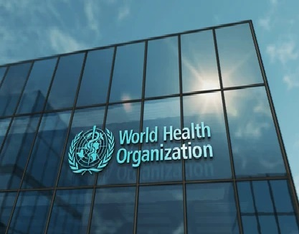New Delhi: The World Health Organization (WHO) on Tuesday released a new study listing 17 endemic pathogens that require vaccines urgently.
The study published today in the journal eBioMedicine identifies pathogens such as Group A streptococcus and Klebsiella pneumoniae as top disease control priorities in all regions.
This study stresses the urgency to develop new vaccines for these pathogens that are increasingly becoming resistant to antimicrobials.
The list also stresses long-standing priorities for vaccine research and development including for HIV, malaria, and tuberculosis -– three diseases that collectively take nearly 2.5 million lives each year.
“The study uses broad regional expertise and data to assess vaccines that would not only significantly reduce diseases that greatly impact communities today but also reduce the medical costs that families and health systems face,” said Dr Kate O’Brien, Director of the Immunization, Vaccines and Biologicals Department at WHO.
Cytomegalovirus, Influenza virus (broadly protective vaccine), Leishmania species, Norovirus, Plasmodium falciparum (malaria) are some pathogens which require further development of vaccines.
Pathogens where vaccines are approaching regulatory approval, policy recommendation or introduction include dengue virus, Group B streptococcus, extra-intestinal pathogenic E. coli, Mycobacterium tuberculosis and Respiratory syncytial virus (RSV).
This new WHO global priority list of endemic pathogens for vaccine R&D also supports the Immunization Agenda 2030’s goal of ensuring that everyone, in all regions, can benefit from vaccines that protect them from serious diseases.
The findings of this new report on endemic pathogens are part of WHO’s work to identify and support the research priorities and needs of immunisation programmes in low- and middle-income countries, to inform the global vaccine R&D agenda, and to strategically advance the development and uptake of priority vaccines, particularly against pathogens that cause the largest public health burden and greatest socioeconomic impact.
–IANS


Comments are closed.